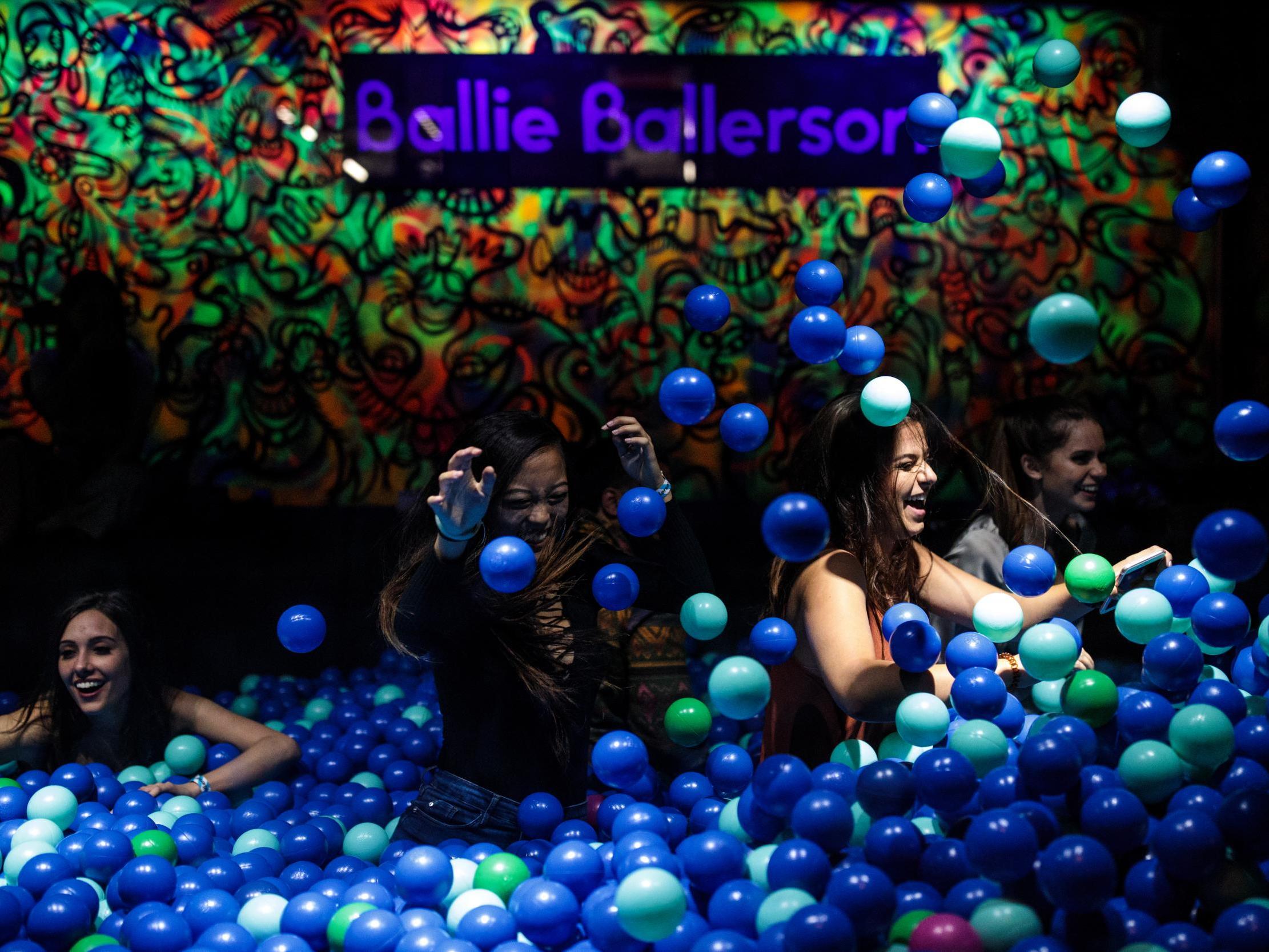Lockdown brought the over-priced experience industry to a screeching halt – here’s why it may never come back
The surge of adult ball pits, novelty dining and immersive theatre had a good run, writes Nathalie Olah. But consumer habits are changing

As Covid-19 continues to ravage industries across the board, one in particular faces worse prospects than most. A recent article in The New York Times highlighted the plight of the experience economy, whose large-scale, crowded events will be unviable in the short-to-mid term. But another part of the experience economy includes a growing novelty leisure and tourism industry, and it is this, arguably, which faces the greater threat in a world where we have developed less patience for gimmickry and non-essential consumerism.
In the strictest sense, the “experience economy” refers to the sensory, visual and interpersonal aspects of trading with any given company or corporate entity. Most theories about its rise centre around consumer malaise towards an economy saturated by so much stuff, but also the need for brands to distinguish themselves and promote loyalty. It was no longer enough to offer goods or services, now companies also had to provide events, content, membership options and loyalty rewards.
But in the past decade, we’ve seen that tendency go one step further, with the creation of an industry built entirely around experiences of ever-more absurd and novel proportions. This includes novelty travel companies, including Airbnb and its additional “experience” option introduced in 2016, but also, coinciding with the decline of the high street, the proliferation in adult ball pits, novelty dining experiences, immersive theatre and cinematic productions. Most of which are prohibitively expensive, making them the preserve of young professionals with a high level of disposable income.
Subscribe to Independent Premium to bookmark this article
Want to bookmark your favourite articles and stories to read or reference later? Start your Independent Premium subscription today.
Join our commenting forum
Join thought-provoking conversations, follow other Independent readers and see their replies